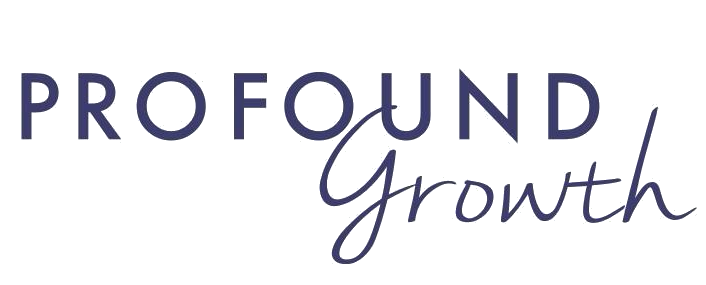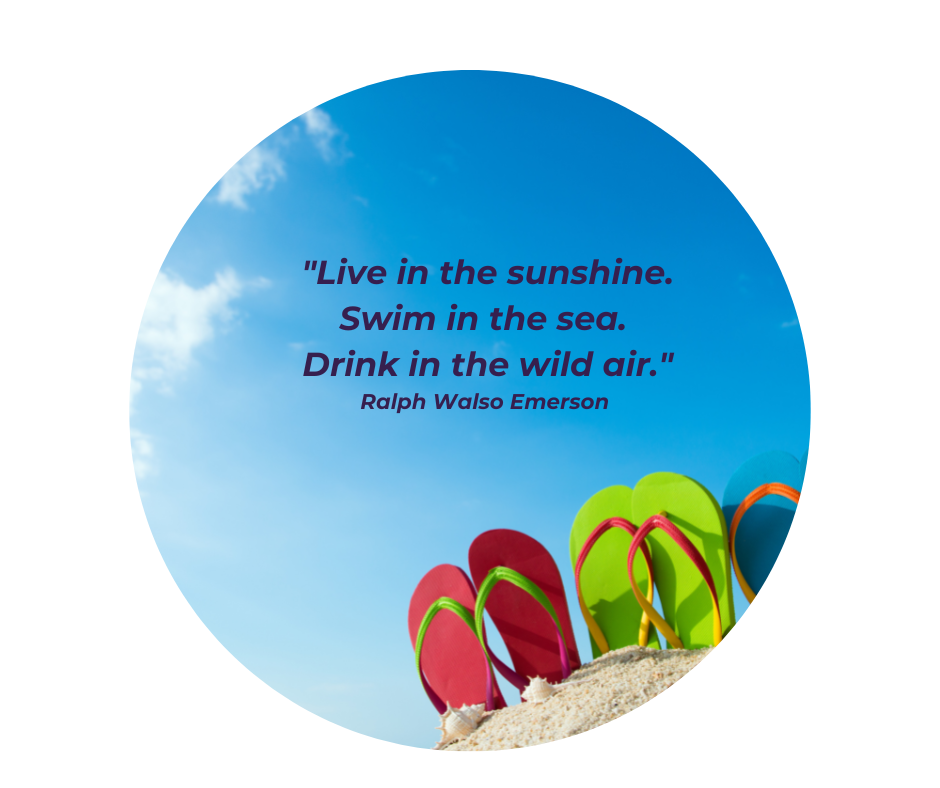Summertime and the Living is Easy
Summer is here, kids are home from school, ice cream and pools beckon…
But there’s a problem… most of us still need to work.
So, how do we balance the two?
How do we take a break and play and fulfill our commitments?
The answer is we need to create a new routine.
A routine provides us with safety and stability.
It’s predictable.
And anything that is predictable requires less thinking, less energy and less effort.
(The perfect combination for summertime!).
Did you know that our brain “constructs” emotions based on predictions?
This fascinating finding is explored in-depth in the 2017 book “How Emotions Are Made” written by Lisa Feldman Barrett, a cognitive psychologist and neuroscientist who has devoted her career to studying emotions.
According to her, a brain doesn’t react…it predicts, constructing our reality based on what it has learned from past and current contexts.
The old way of looking at brain function was to see that there was a “stimuli” that came to us from the outside world that we would respond to.
But Dr. Lisa Feldman Barrett flips that on its head, arguing that our brains don’t react, it predicts and “simulates”, constructing your reality based on what it has learned from past contexts.
Let’s think about your brain for a moment.
Your brain is stuck in a dark, silent box called your skull. It receives information from your senses—your eyes, your nose, your tongue, your skin and all the other sense organs of your body.
While this data is informative, it’s ambiguous and therefore needs to be interpreted. One of the easiest ways for a brain to decode all of that information is to use past experiences as a guide. Since we can’t consider every single memory we have ever had (it would take way too long), the brain instead uses concepts–a compressed version of thousands of past experiences.
So, when you see something new, your brain doesn’t ask “What is this?” It instead asks “What is this like?” “What in the past is similar to what I’m experiencing right now?” “Given what I know, what set of things am I likely to encounter, what physical movements can I expect and what emotions will I feel?”
Importantly, Dr. Barrett argues that the predictive ability of our brains applies not just to physical reactions but to emotions as well. For example, the brain will identify a certain emotion (i.e. sadness, anger, surprise), guessing that this emotion constitutes the most appropriate way to react to something that has happened.
Some scientists consider prediction and simulation as such a fundamental activity that it is actually the brain’s default mode of operation.
But what happens if your brain can’t draw on any past experiences which help to orient its predictions? Apparently, the brain has an extraordinary capacity which allows it to take bits and pieces of past experiences and combine them in novel ways to discover new predictions for things it has never encountered before.
Which brings me back to that “new” summer routine you want to create.
If your brain can only draw upon your past spring, fall and winter routines as its predictive guide for the summer, it might fall short.
You can help your brain along by reflecting on how you want to adapt your routine for the summer months. Think about what you want from your summer routine–from new structures and flexible schedules to a lighter, more balanced experience.
If you’d like to learn more about how your brain can help you live the fullest version of your life, let’s talk. You can set up a 1:1 complimentary appointment with me here.

